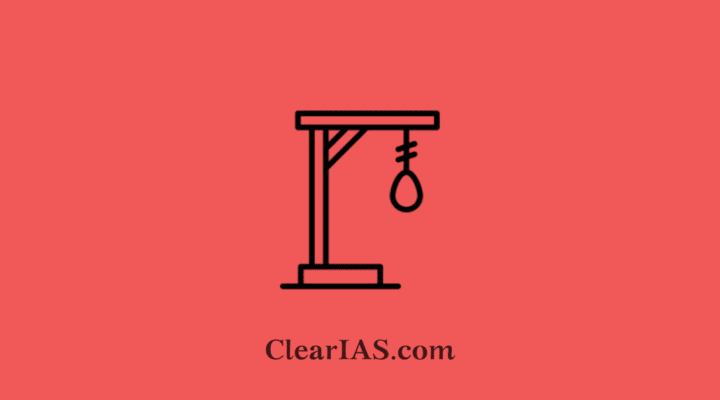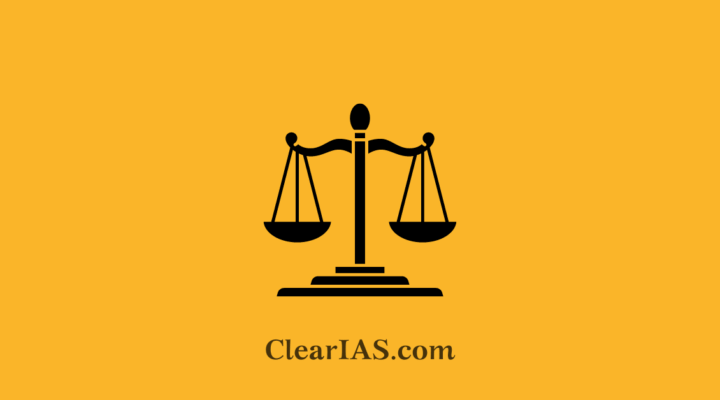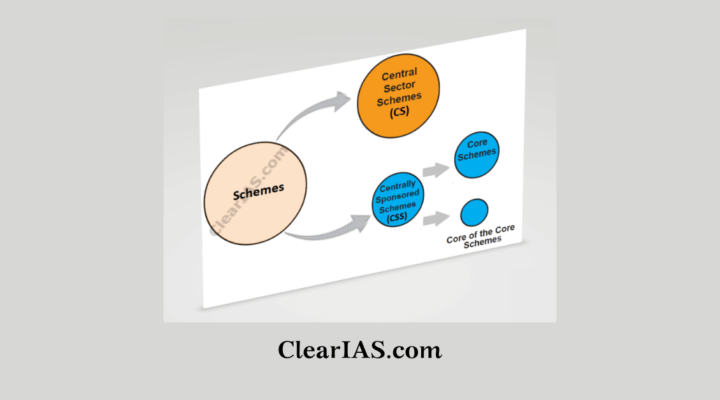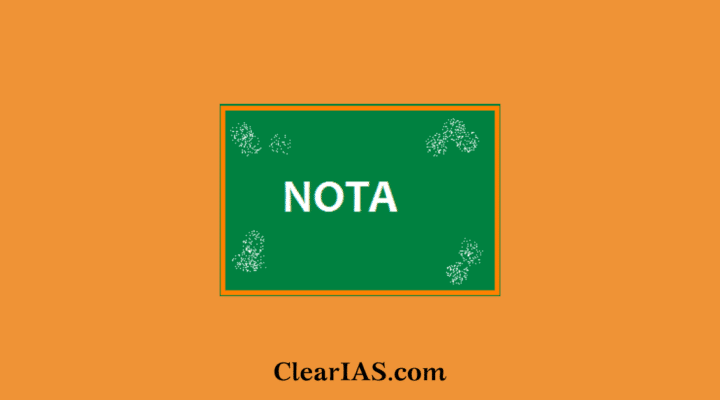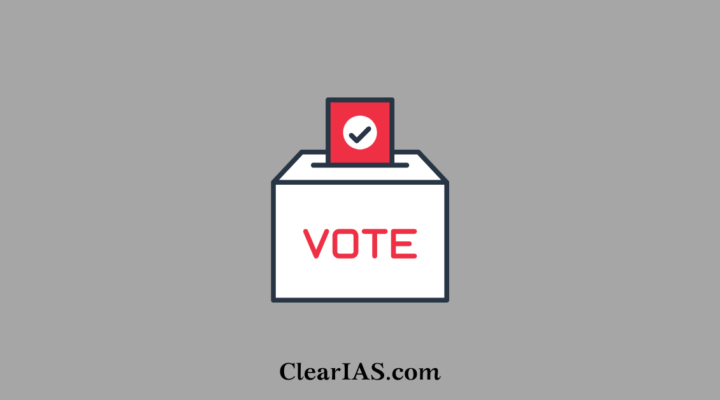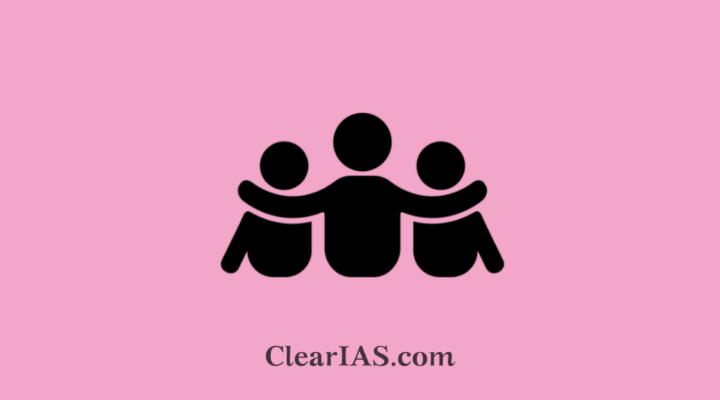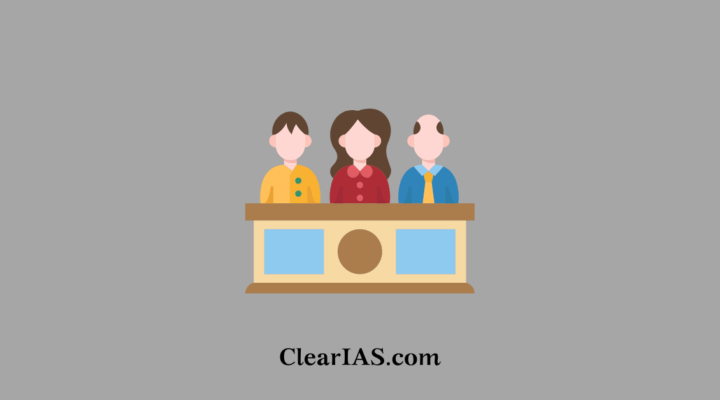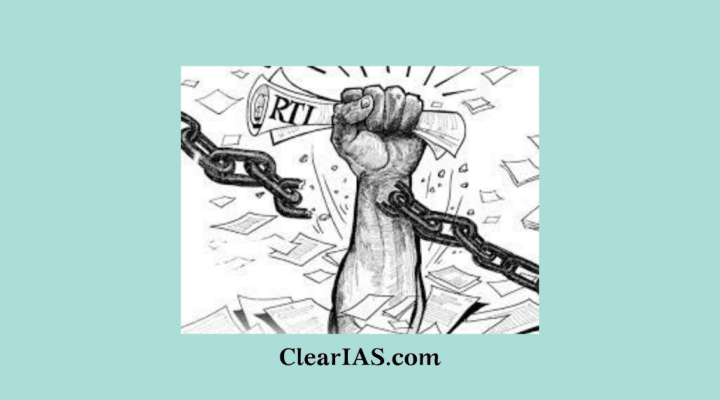Capital punishment remains and will remain a hot topic across the world. It is not easy to reach a consensus on the question " Should the death penalty be abolished?". Some countries abolished Capital Punishment. Some countries did not. India is one of the countries where the death penalty … [Read more...] about Capital Punishment, Mercy Pleas and the Supreme Court
Indian Polity Notes
Procedure Established by Law vs Due Process of Law
In this post, we shall see the meaning of two important terms often cited in Supreme Court Judgments ie. Procedure Established by Law and Due Process of Law. "Procedure Established by Law" and "Due Process of Law" are two legal principles that relate to the protection of individual rights and the … [Read more...] about Procedure Established by Law vs Due Process of Law
Centrally Sponsored Schemes (CSS)
Centrally Sponsored Schemes (CSSs) are special purpose grants (or loans) extended by the Central Government to States to encourage and motivate State governments to plan and implement programs that help attain national goals and objectives. Examples of national goals and objectives include … [Read more...] about Centrally Sponsored Schemes (CSS)
Science, Technology and Innovation Policy (STI) 2013
What are the key features of the Science, technology and innovation policy (STI) 2013? What are the aspirations of this policy? Read further to know more. Science, Technology and Innovation Policy (STI) 2013 seeks to send a signal to the Indian scientific community, both in the private and … [Read more...] about Science, Technology and Innovation Policy (STI) 2013
49-0, None Of The Above (NOTA) and Right To Reject (RTR)
Difference between 49-0, None Of The Above (NOTA) and Right To Reject (RTR): It should be noted that recent judgment by Supreme Court on the demand to provide for negative voting through a button on the electronic voting machines (EVMs) for None of the Above or NOTA option does not correspond to … [Read more...] about 49-0, None Of The Above (NOTA) and Right To Reject (RTR)
Sevottam Model
What is Sevottam model? What are the steps involved in the model? What were the issues with the earlier mechanisms? Read further to know. Sevottam Model is a model proposed by 2nd ARC (Administrative Reforms Commission) for public Service Delivery. The word, Sevottam, is a combination of two … [Read more...] about Sevottam Model
Salient features of the Representation of Peoples Act
What are the salient features of the representation of peoples act 1950 and 1951? What do they deal with? Read further to know. Article 324 to 329 of Part XV of the Constitution deals with the electoral system in our country. Constitution allows Parliament to make provisions in all matters … [Read more...] about Salient features of the Representation of Peoples Act
Self Help Groups (SHG) – Explained with Video
Self Help Groups (SHG) play a significant role in the development process of countries like India. The Government (or state) alone cannot bring development. The development process in India has many actors. Along with the Government, Non-Governmental Organisations (NGOs) and Self Help Groups … [Read more...] about Self Help Groups (SHG) – Explained with Video
Committees and Commissions in India
Listing below the important Committees and Commissions in India. Reports of these committees are important in Indian Economy as well as Indian Polity. Commission Name Area of Study Recommendations/ findings (if important) Sarkaria Commission Centre-State relations Recommended that … [Read more...] about Committees and Commissions in India
Right To Information Act 2005
What makes the Right To Information Act 2005 special is its power and practicality to seek and get information from government authorities. The law also promoted transparency and accountability in public authorities. Right to Information Act 2005 mandates timely response to citizen requests for … [Read more...] about Right To Information Act 2005
